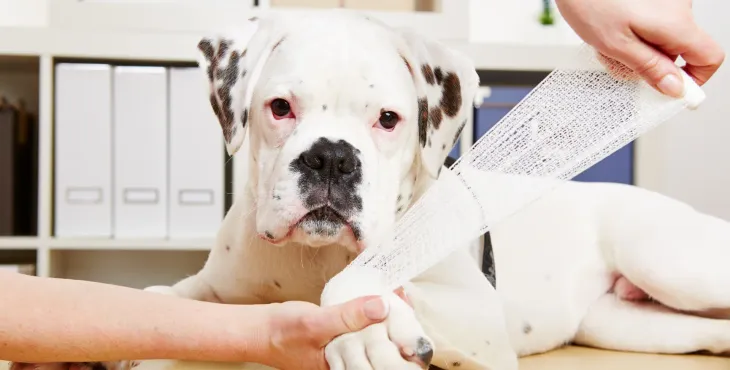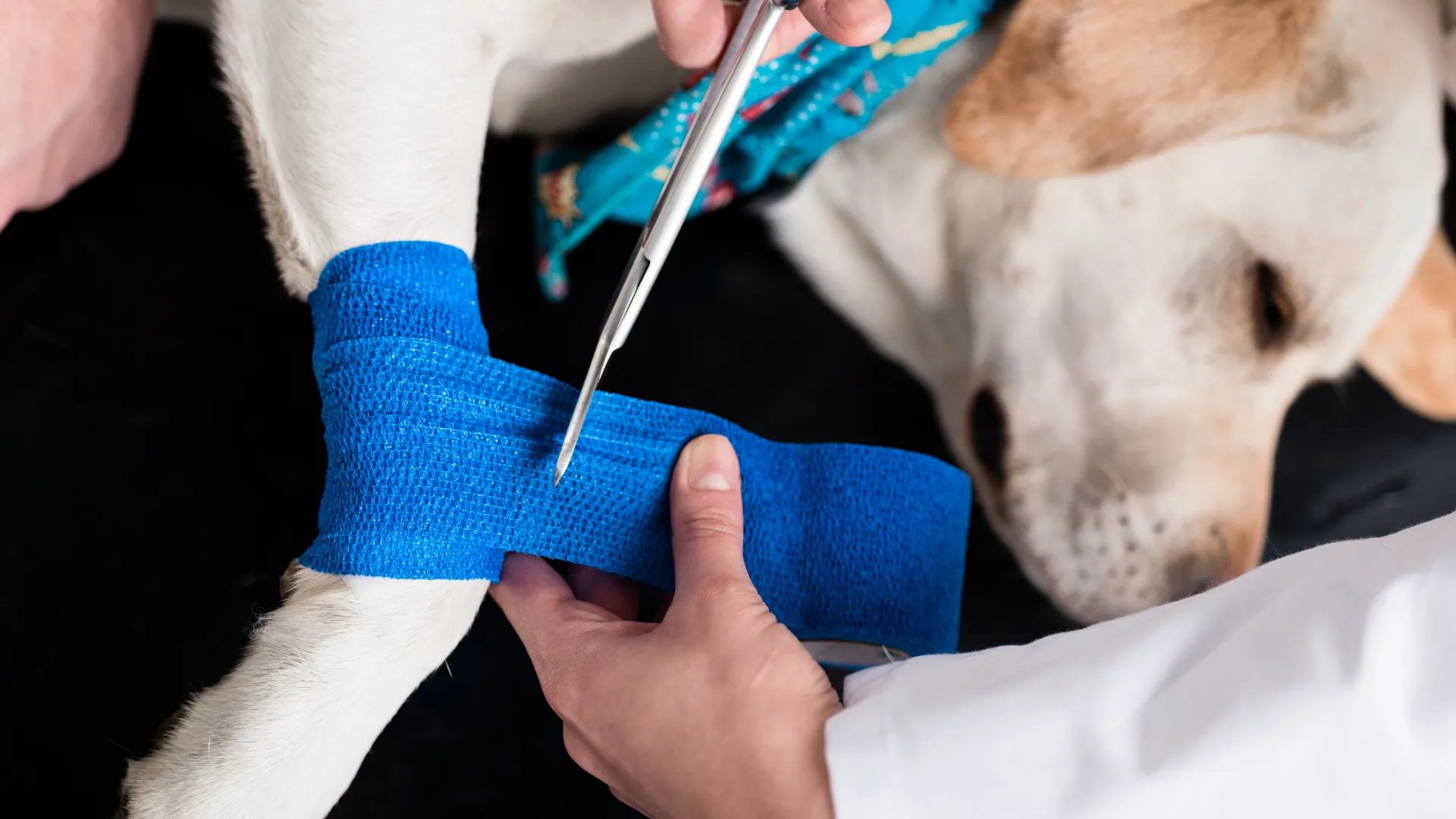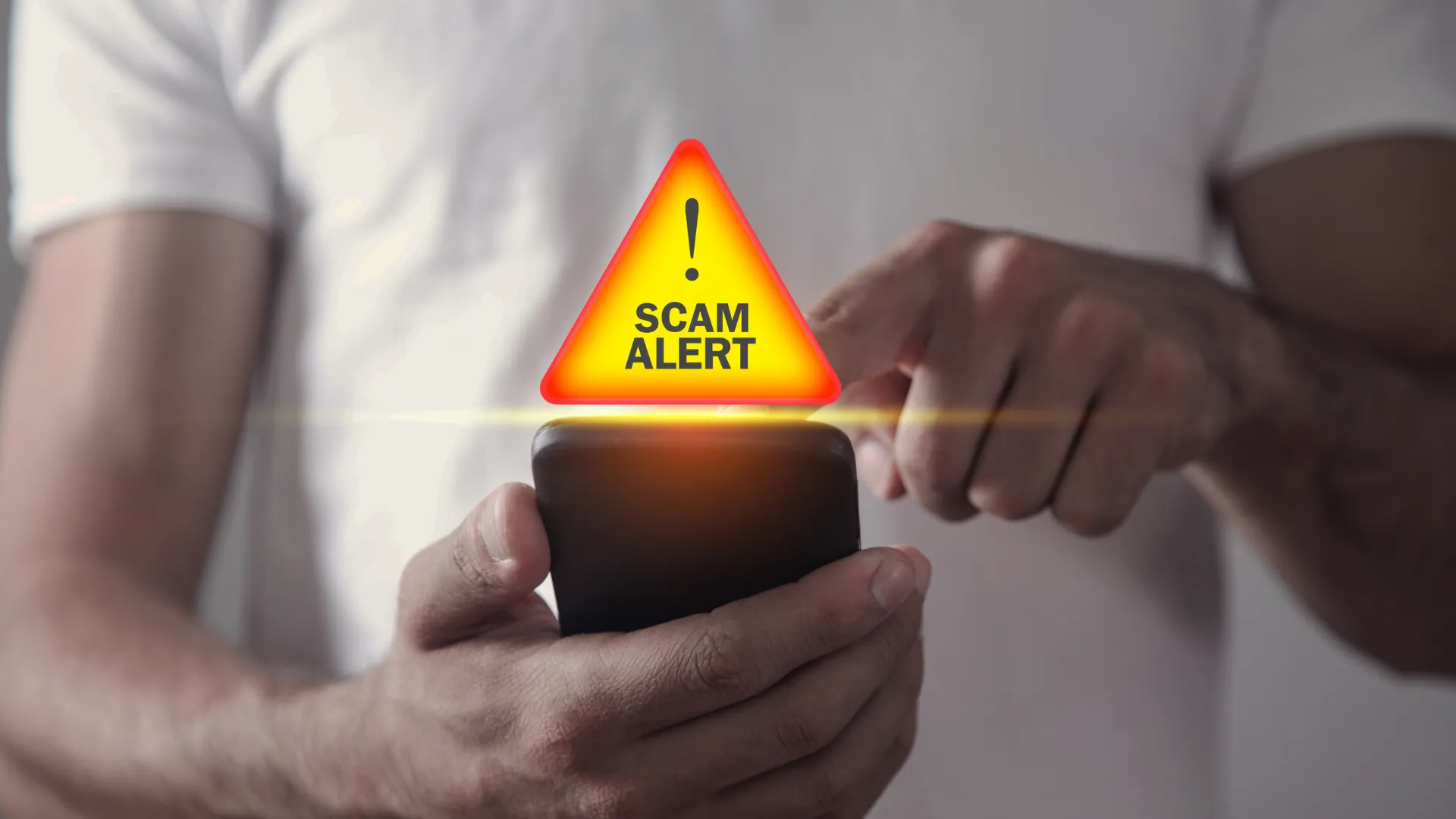
How To Spot A Dog Scam? Fake Injury, Damaged Property & Dog Bites
Dog scams are the growing problem in the UK and abroad. It is when unscrupulous individuals use deceptive tactics to unfairly take advantage of unsuspecting dog owners by charging them for services that were never provided or using false claims about their pet’s health to demand money.
In this type of scam, criminals may contact unsuspecting dog owners and make false claims about their pet's condition in an effort to get money from them. They might also claim that they can provide treatment or services that will improve the animal's health, but then charge outrageous fees for these supposedly “needed” treatments or services.
Other scammers may even pretend to be legitimate veterinarians and offer medical advice in order to gain access to personal information or financial information. Want to know all the scammers' tactics? Stay with us!
How does the dog accident scam work?

Dog accident scams are becoming increasingly common. Fraudsters use a variety of tactics to trick unsuspecting victims into handing over money for something that doesn't exist or happened.
1. Fake injury scam - in this type of scam, the suspect will act as if their dog has been injured in an accident and then seek compensation from the other party for veterinary bills or any other costs associated with the injury. Sometimes, scammers will even bring a fake "injured" pet to back up their story.

Very often they use false claims or exaggerated stories about the care and treatment of the pet, claiming that expensive medical treatments or procedures are necessary. The scammer may also overstate the cost of care or exaggerate the seriousness of the pet's condition to ensure payment is made.
2. False property damage claim - this is when the perpetrator claims that their dog has caused some sort of property damage to the other party during the incident, such as chewing furniture or scratching cars, and then demands payment for repairs or replacements.
3. Dog bite scams - are a form of fraud where unscrupulous people claim to have been bitten by someone else's dog, in order to extort money. They may threaten legal action if they are not given the money they demand. The scammer might also exaggerate or fabricate details about the severity of the bite and their medical expenses, in order to increase their chances of getting paid. In some instances, scammers have even gone as far as hiring actors pretending to be injured so that they can collect money from unsuspecting victims.
4. Some time ago there was a buzz about an updated version to the fraudulent bad cheque debt collection scheme. In this instance, it involves a dog bite accident with the promise of reimbursement for any medical expenses from an insurance provider. Even more disheartening are gory images of said injury supposedly sourced from a British periodical article.
As with all fraudulent cheque schemes, this scam can appear to be a legitimate legal process that necessitates the assistance of an attorney. However, unknowingly, lawyers are tricked into wiring real money from their trust accounts after depositing what appears to be a valid payment cheque given by the fraudster (who is part of the con).
What is a puppy scam?

Puppy scams are a sadly common way for scammers to take advantage of unsuspecting people. It starts when they post fake listings online advertising puppies that don't actually exist, often at extremely low prices. After enticing potential buyers with bargain prices and adorable photos, the scammers will ask for payment upfront, usually via wire transfer. Of course, once the money is sent there's no puppy or refund in sight, leaving the victim out of pocket and without a pup.
Sometimes these scams extend beyond just taking people's money, some victims have even been asked to pay an additional fee for “shipping” or “vet bills” by the scammer before they can receive their furry friend — another request that is sure to be met with disappointment.
The best way to avoid falling victim to a puppy scam is to research any potential sellers carefully and look for red flags like asking for payment before seeing the pup in person or not providing pictures of their parents. Remember that it is unlawful to buy animals from illegal sources. Always check if you are dealing with a reputable breeder, what kind of reviews they have, if they are not fraudsters and someone has not already reported them as fraudulent. You might find information about puppy scammers or reported scams.
If ever you are uncertain, don't be afraid to seek advice from an organisation in the industry such as reputable breeders association, vet or local pet shop.
It's also important to never send money directly through wire transfer, as this type of payment can't be reversed if you're scammed.
Finally, if the offer seems too good to be true, it probably is – trust your instincts! With a little bit of extra caution, you can protect yourself from such scams and find a new furry best friend safely and securely.
How to avoid these scams?

If a situation actually happens to you, you hit a dog, you should make sure that all charges are explained in detail, so there are no unforeseen costs when it comes time to pay.
The best way to avoid getting scammed is by doing your research and being vigilant about who you trust with your pet’s health. Be sure to ask for credentials and verify that the veterinarian or animal hospital is legitimate before agreeing to any services or treatments. Additionally, never give out private information such as credit card numbers or bank account information over the phone or online.
Finally, stay informed about scams aimed at pet owners and help spread the word about this growing problem. By arming yourself with knowledge and taking precautions, you can protect yourself from becoming a victim of these unscrupulous individuals.